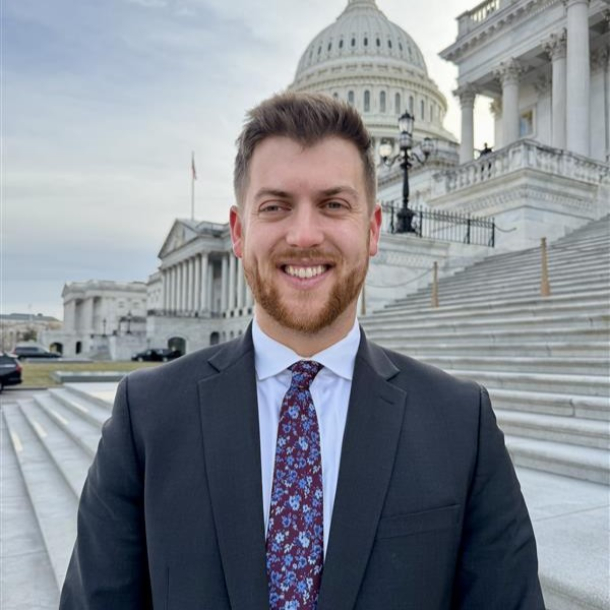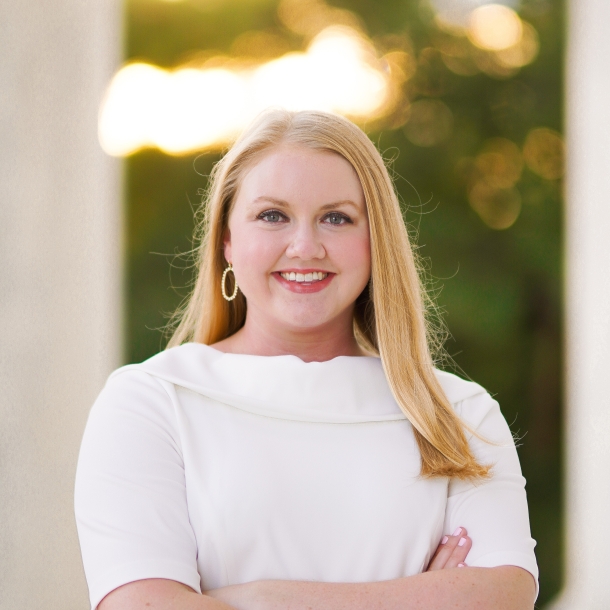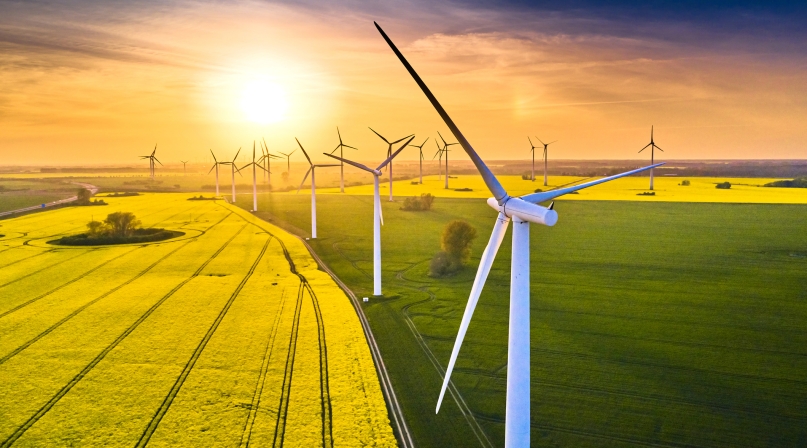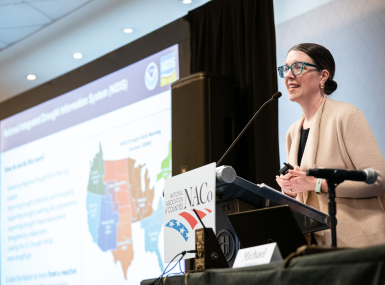Protecting farmland, rural communities are key topics for upcoming USDA and DOE listening sessions on clean energy siting
Author

Owen Hart

Joe Jackson

Charlotte Mitchell Duyshart
Upcoming Events
Related News

Key Takeaways
The U.S. Department of Agriculture (USDA) and the U.S. Department of Energy (DOE) will host a series of four listening sessions throughout January 2024. During these listening sessions, local stakeholders are invited to share perspectives on the benefits and challenges related to clean energy project siting and its impact on agricultural lands and rural communities.
Here's why it is crucial for county leaders to make their voice heard:
- Following historic federal investments through the Inflation Reduction Act and the Infrastructure Investment in Jobs Act, a record level of clean energy projects has been proposed and many are under construction in rural areas across the country, including on agricultural land.
- The deployment of clean energy is crucial for improving domestic energy security and rural economic development. However, if implemented without feedback from county leaders, concerns regarding diminished property values, loss of vital farmland and deterioration of the rural character could become a reality.
- There is no one-size-fits-all approach to clean energy siting, as each community has unique factors that must be considered during the implementation process.
- Preserving local decision-making is crucial to ensuring the clean energy deployment minimizes harm to the environment and working lands and maximizes benefits for communities.
Each listening session is geared toward a specific stakeholder group:
- Government permitting and policy representatives at the state, county and local level are invited to attend a session on January 12, from 12:30 p.m. – 2:00 p.m. EST. Register here.
- Agricultural producers are invited to attend on January 16, from 10:00 a.m. – 11:30 a.m. EST. Register here.
- All stakeholders and members of the public are invited to attend on January 16, from 2:30 p.m. – 4:00 p.m. EST. Register here.
- Rural stakeholders and clean energy developers on January 17, from 3:00 p.m. – 4:30 p.m. EST. Register here.
These sessions will provide a valuable opportunity for county leaders and other stakeholders to communicate their thoughts on clean energy siting challenges to our federal partners.
Counties applaud USDA and DOE efforts to engage local leadership because:
- Counties support the recognition and incorporation of the county perspective on clean energy siting.
- Counties support comprehensive efforts to encourage and enable American agriculture to provide energy to the United States while continuing to produce abundant, safe and affordable food and fiber.
- State and federal entities must continue to partner with counties to implement locally led strategies for the conservation and use of natural resources.
Related News

NOAA outlines help for counties navigating drought’s growing risks
In April, the National Integrated Drought Information System will launch the Mid-Atlantic Drought Early Warning System, which will help county officials allocate resources and attention to mitigate drought-related disasters.

California counties fight agricultural crime
Sheriffs' offices and prosecutors in California's central valley make specific efforts to prevent and prosecute crimes against the agricultural community.

